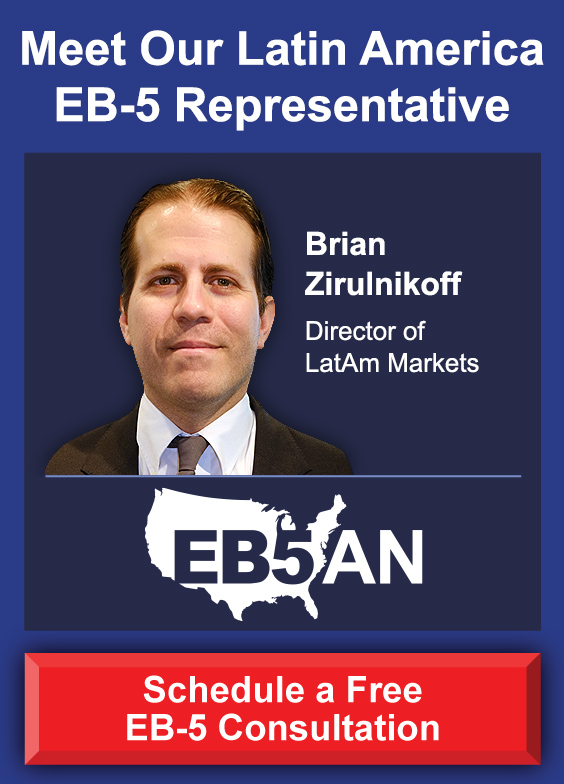
Four U.S. senators — Tom Cotton, Ted Cruz, Josh Hawley, and Chuck Grassley — pushed for the suspension of employment-based immigration programs, including the EB-5 program, in a May 7 letter to former President Trump. This effort followed rumors spread by Politico, that former President Trump’s coronavirus relief bill would enact significant changes to the program. Politico alleged that Senator Lindsey Graham pushed for extensive changes to the EB-5 program in the coronavirus relief bill, while Graham vehemently denied that he did so.
In the letter, the four senators claim immigration programs such as H-1, H-2B, and OTP attract immigrants and take American jobs — jobs desperately needed in the wake of the COVID-19 pandemic. They specifically target EB-5 investors at the end of their letter and request that former President Trump removes these investors from the list of exemptions from the immigration restrictions that had been put in place in an April 27, 2021 proclamation.
The letter included entirely false claims about the EB-5 program. The senators claimed the program is a “pay-for-citizenship scheme.” They also wrote that the process is wrought with “scandal and fraud.” While these statements about the program are not factual, the bad press they create can generate misconceptions for potential investors looking to make an EB-5 investment.
U.S. Regulations Monitor Against Fraud in the Program
Every program must be cautious about people looking to game the system. The EB-5 investment program has seen fraudulent activity before it is exceedingly rare, with extensive measures in place to prevent fraud.
In order to prevent and address fraud, United States Citizenship and Immigration Services (USCIS) has increased training and cooperation with external agencies such as the Immigrant Investor Program Office. These efforts are meant to catch the minimal amount of fraud that has occurred in the past.
In November 2019, the Department of Homeland Security enacted the EB-5 Modernization Rule to prevent people from abusing the EB-5 program and ensure that funds are primarily being allocated to areas in need.
EB-5 Investors Can Not Purchase a Green Card
Critics of the EB-5 investment program, including the four senators who wrote the letter to former President Trump, perpetuate the idea that the EB-5 program is a pay-for-citizenship scheme. However, investors cannot simply put the required money into a project and expect a green card. In order for potential investors to obtain their green card, their investment capital must be at risk throughout the investment process. Additionally, they must prove that their investment will create or has created 10 new full-time jobs for U.S. workers. Investors must be willing to take this risk in order to receive a green card. EB-5 investors must also prove that their EB-5 capital has been lawfully sourced. USCIS will deny an investor’s petition if they do not meet these requirements.
The EB-5 investment program helps lift the economies where successful EB-5 investment projects are based. The program has funneled 37 billion dollars in foreign capital into the U.S. economy since 2008. In addition, each EB-5 investor must generate 10 new jobs from their investment, which helps lower the unemployment rate in the community where the project is based.
EB-5 Investors Are an Asset to the United States
The minimum investment requirement to join an EB-5 investment project means that successful foreign investors are wealthy and successful. Their success and wealth make them beneficial to the United States, meaning that EB-5 investors will continue to benefit the U.S. economy even after their EB-5 investment.
Senatorial Support Would Help the EB-5 Program Grow
EB-5 investments benefit the United States with job creation and additional funds being invested in U.S. communities. These economic benefits and an influx of foreign investors would help the U.S. economy recover from the COVID-19 pandemic. In order to attract these investments and investors, the United States must remain competitive against other countries that also have investment-based immigration programs. U.S. senators must support reform to the program that would make it more efficient to ensure that the United States continues attracting foreign investors.











